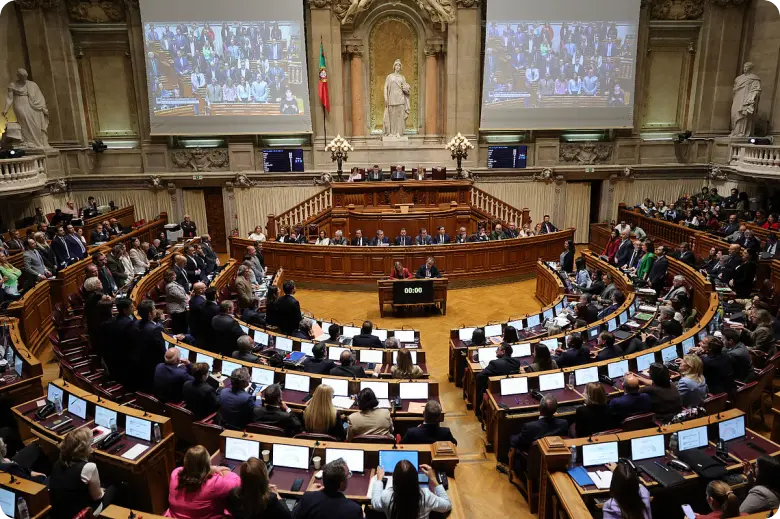How will this results impact immigrants?
The political realignment at the local level could have several direct and indirect consequences for foreign residents.
- The Rise of Chega: This is the most significant development. Chega campaigns on a staunchly anti-immigration platform, often linking immigrants to crime and a drain on social resources. With 137 councilors now installed in municipalities across Portugal, this rhetoric will move from the fringes into the chambers of local government. While they may not have the power to enact sweeping policy changes, their presence could:
- Influence Local Debates: Expect motions and debates aimed at scrutinizing support for immigrant associations or questioning multicultural initiatives.
- Create a More Hostile Climate: The normalization of anti-immigrant speech in official settings could embolden prejudice and make the social environment less welcoming in certain areas.
- Impact Local Services: In the few municipalities they control, there may be attempts to de-prioritize funding for integration programs.
- A More Pro-Business, Less Social-Housing Focus: The shift towards the center-right PSD in many councils, including Lisbon under Mayor Carlos Moedas, likely signals a stronger focus on attracting business and investment. This could be positive for entrepreneurs and those in the tech sector. However, it may also mean less emphasis on social policies favored by the left, such as building public housing or implementing strict rent controls, potentially adding more pressure to an already difficult housing market.
- Political Gridlock and Uncertainty: A relevant feature of these elections is the large number of councils, including major cities like Lisbon and Porto, left without an absolute majority. This means mayors will have to constantly negotiate with other parties to pass budgets and policies. For residents, this could mean gridlock and delays on important local projects, from new metro lines to urban regeneration plans and changes to Alojamento Local (short-term rental) regulations.
In conclusion, the 2025 autárquicas have redrawn Portugal's political map. They reflect a country grappling with new social and economic pressures, leading to the fragmentation of the old two-party system.
For the expat community, the results signal a need to pay closer attention to local politics, as the changing winds will undoubtedly shape the character and policies of the cities and towns they now call home.































